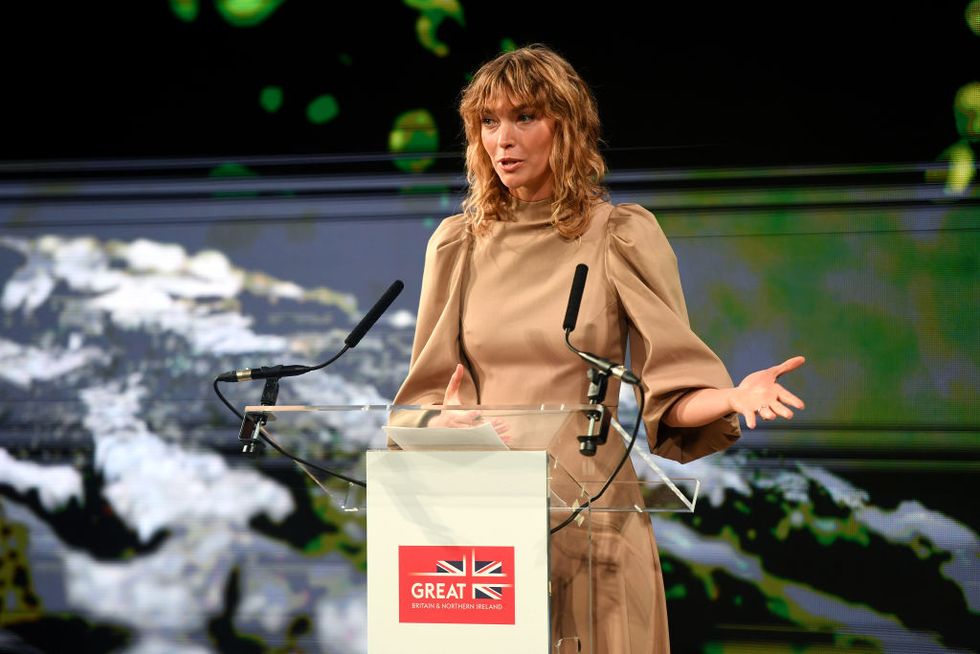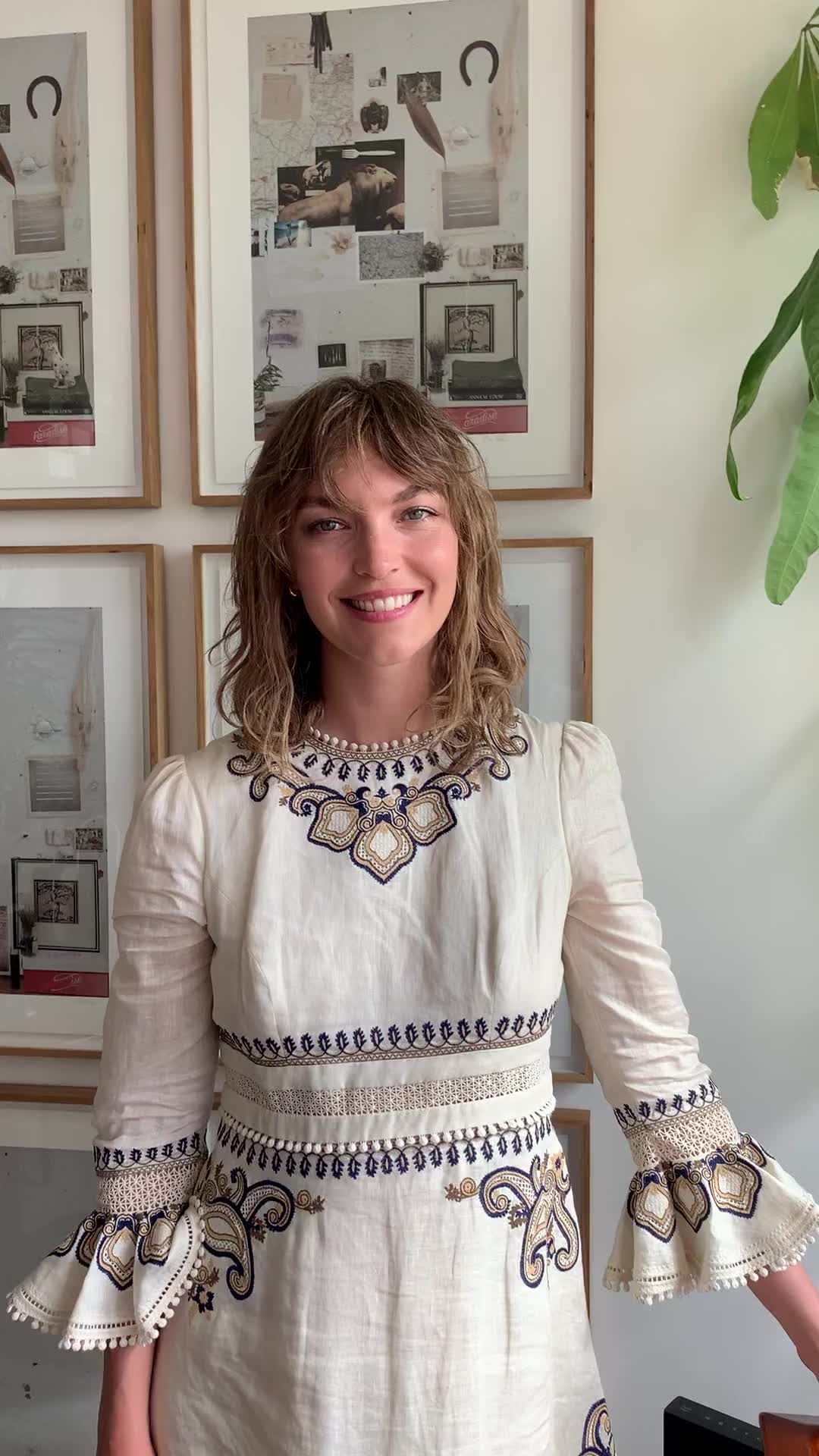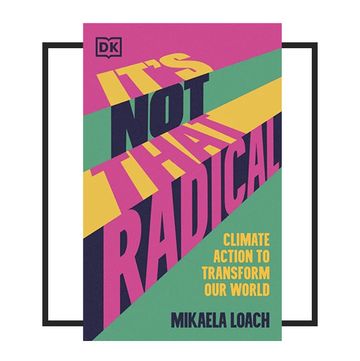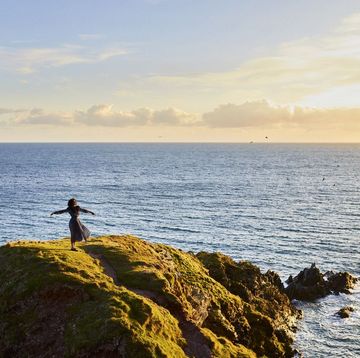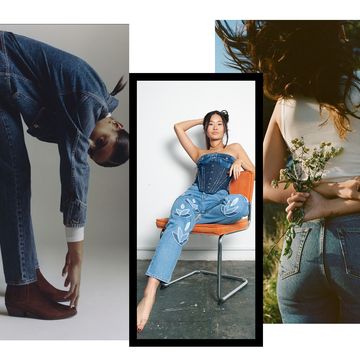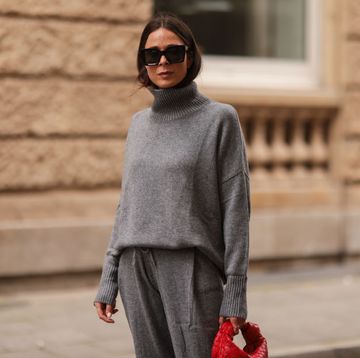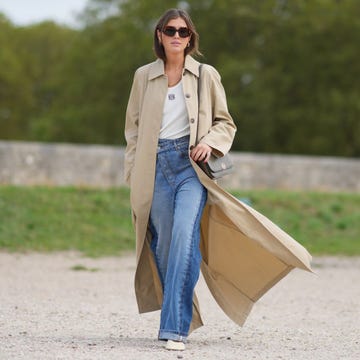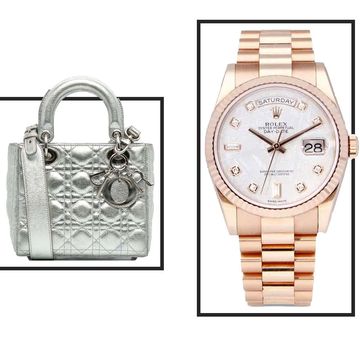This week will see Cop27 – the United Nations climate change conference for 2022 – draw to a close. Many of those attending will be hoping for more tangible change to come out of the event than we have seen in previous years, and this includes model, environmental activist and Cop27 speaker, Arizona Muse.
After attending last year – a conference which she describes as a disappointment – Muse believes that the clearest change the fashion industry needs to make, and what she would like to see come out of this week, is a new definition of greenwashing.
“One of the main takeaways from Cop26 was that there has become a real need for the fashion industry to come to terms with what greenwashing is,” she says. “So I have come up with my own definition, which I think is a helpful new way to think about it.”
“Greenwashing is anything that is promoting something that you have not yet done. If you tell me everything and anything about something you have already achieved, that is safe information, that is not greenwashing and I can applaud you. However, if you tell me about the things you might do one day, or ambitions and targets you’ve set yourself, this is greenwashing because it hasn’t happened yet, and you cannot claim it to be true.”
Muse believes that brands who are shouting about their future achievements are “clogging up the communication channels” and making it more difficult for customers to understand what is truly happening at a company. “Greenwashing is obviously creating this information which is completely misleading for consumers who are just trying to educate themselves. It is making it more difficult for everyone.”
Muse is fed up of these big businesses spending enormous amounts of money on the marketing of their would-be ambitions: "Climate wise, it’s completely unfair – we need to put a stop to it.”
The model explains that she understands the challenges in being able to grasp the complicated issues around climate change, so when it comes to the fashion industry, consumers need things to be set out in a more honest way. “Understanding this stuff is almost like a job – you have to spend a lot of time educating yourself about the climate crisis to really grasp what is happening, and I completely recognise that most people do not have the time to do that.”
Making it more straightforward for consumers is one major step that Muse says needs to happen, but she also argues that for fundamental changes to take place, we need more universal regulation and a coming-together of governments on the world stage.
“The industry is struggling with the global nature of our sector. We are sourcing materials from all over the world, we’re processing them in multiple countries, each country has a different rule for chemical usage or for transport or whatever it is. This all makes it really easy for fashion brands to avoid being sustainable – they can just change their location to a place where the regulations are more favourable to them. So unfortunately, we need to come together on a global scale, otherwise it is never going to work.”
Another major rethink that has to take place is how businesses are structured, Muse argues.
“Right now, we have businesses which are structured in that old-fashioned pyramid. Everyone who works at that company has one goal – to make as much money as possible. That is the problem. Ultimately, we need to rewrite these contracts – climate wellness, human wellness and profit need to be valued equally. Of course, a business should be making money, but it should not be at the expense of these two other things.”
“We have plenty of examples on this already from beautiful, small fashion brands who have very conscious, ethical founders, and are making clothes which cause little or no harm at all to the planet and to people. We have those models that exist, but old-fashioned business structures are holding us back.”
While we are all facing a terrifying reality, Muse says that ignoring the “scariness” of the climate crisis is not helpful. We need to confront it head on because then we can actually be hopeful for change.
“We are in an absolute crisis – there are millions of climate migrants already, and those of us who are able to really need to do everything in our power to create a different future and change the way that we do business and the way we live. I know through my own activism journey that being honest with yourself about the scariness of the future actually does not make the fear and anxiety worse, it makes you clearer and more objective about the actions you can take.”
“I do feel hopeful, I do feel positive,” she adds. “We have to put all our efforts in, we have to raise awareness, we have to make sensible decisions, and we have to call it out when we see something that is not right. Although this can be difficult and awkward, there is a certain kind of joy when you realise that you can actually instigate change.”

